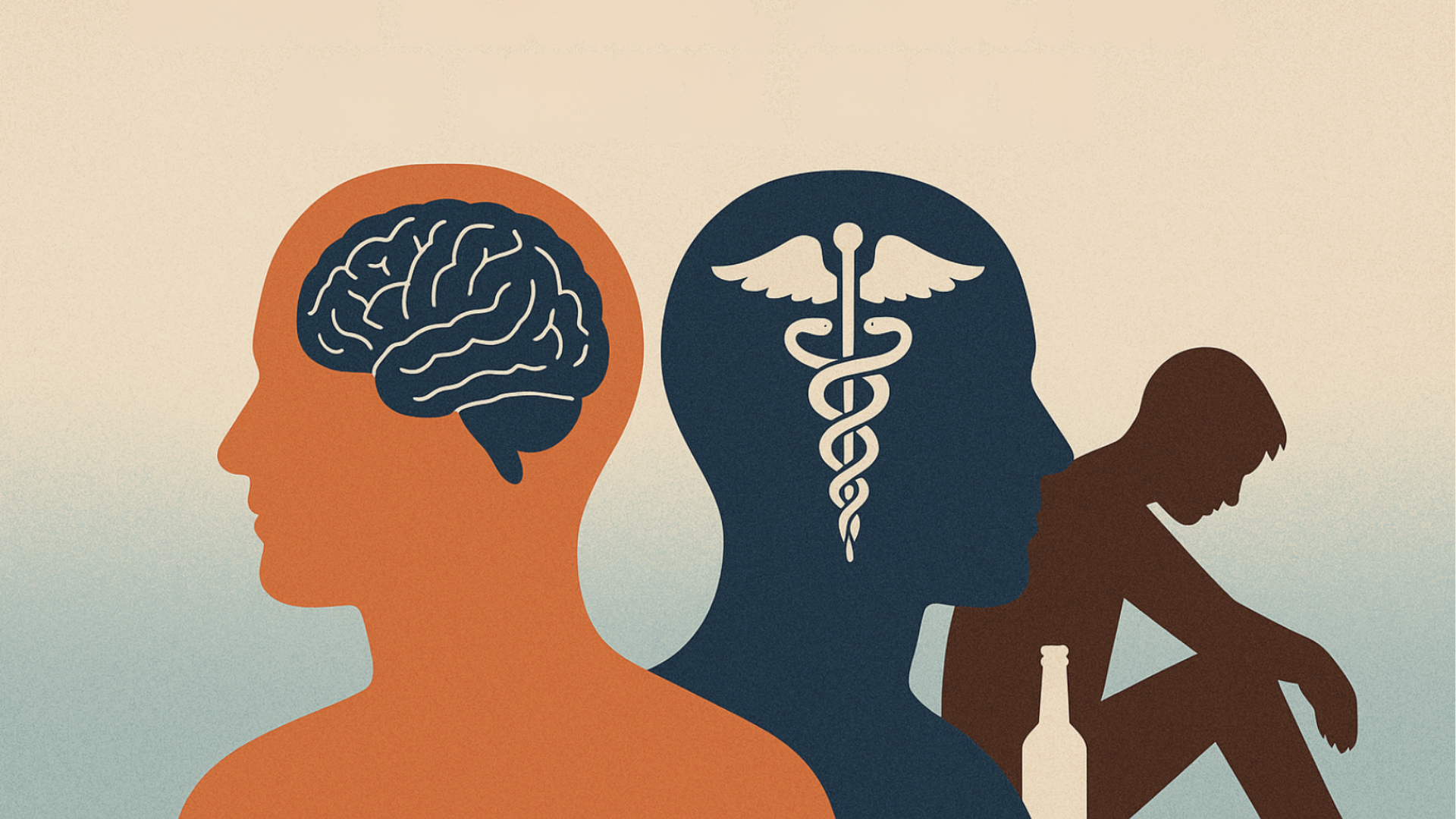
A Little Goes A Long Way
Your gift today is an investment in BrainTrust services that improve the lives of those with brain injury.
Donate Today


In Canada, brain injuries, addiction, and mental health struggles often intersect in ways that are overlooked or misunderstood. Experts argue that a new model of care is essential to address these overlapping challenges, ensuring that individuals receive the holistic treatment they desperately need. Dr. Peter Selby, a leading expert in the field, advocates for mandatory brain injury screenings in emergency rooms, addiction services, and mental health care facilities. This step could dramatically improve diagnosis and treatment, especially for individuals who appear “normal” but struggle with conditions that are not immediately visible.
Without proper collaboration between health systems and housing initiatives, individuals with brain injuries may continue to fall through the cracks. It’s clear that improving screening, treatment, and housing options is not just beneficial but necessary to break the cycle of suffering for those with complex needs.
BrainTrust Canada Statement in Response to Alexandra Keeler’s Article on Julius Jarvie-Clark
We are deeply moved by the raw truth and compassion captured in Alexandra Keeler’s recent article on Julius Jarvie-Clark. His story is not an isolated case — it is an all-too-familiar reflection of the realities faced by so many individuals living with the effects of brain injury in our country.
At BrainTrust Canada, a significant percentage of our clients share similar stories: once healthy and full of potential, they are now barred from critical services like complex care, housing supports, and even basic health care. Their injuries are invisible to most, and as a result, they are overlooked, misunderstood, and left to navigate systems that were never designed for people with overlapping brain injury, mental illness, and substance use.
The story of Julius is heartbreaking — but more than that, it is a wake-up call.
We cannot continue to operate in silos. We cannot continue to push away those who are hardest to serve. We need a provincial and national reckoning — one that recognizes acquired brain injury as a critical public health issue intertwined with homelessness, addiction, justice involvement, and early death.
We call on our community, our province, and our country to act:
These stories are not rare. They are rising. We see it every single day.
And we won’t stay silent.
We stand with Julius, with his family, and with all those who continue to fall through the cracks. It’s time to stop turning away. It’s time to start listening — and leading — with compassion, science, and courage.
Amanda McFarlane
Executive Director, BrainTrust Canada
www.braintrustcanada.com